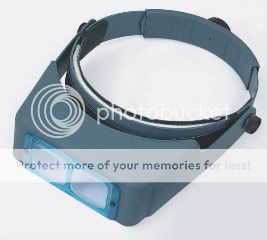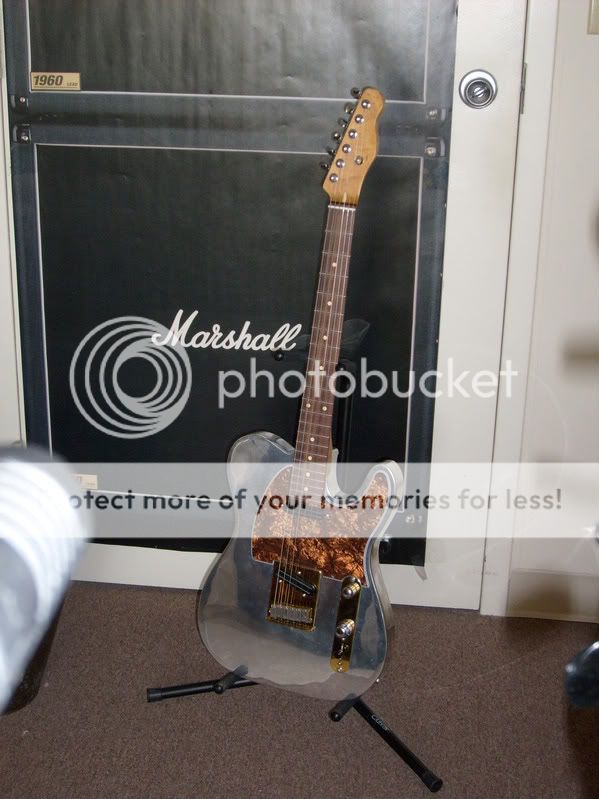myramyd
Junior Member
- Messages
- 40
Hello Everyone,
I just finished assembling my lovely Telecaster (first build) and I was one of the unfortunate ones who needs fretwork done on the neck. There is essentially buzzing from about the 3rd fret to the 9th on all strings. Using a rocker, it looks like the 5th and 9th frets are a little high and perhaps a few others, though fully seated as far as I can tell. I've triple checked my setup and have the action on the bridge about as high as the screws will take it, truss rod relief is very straight.
Anyway, I'm wondering whether I should buy tools and the fretwork book from StewMac and try to learn how to do this myself or take it in to a tech. I'm on the fence. I replaced some frets on an old pawn shop special once and it worked okay--nothing highly accurate though. I live in Utah and I'm not sure where to find a tech or how trustworthy they are around here. I've never used one in the past for my setups--do it all myself so far. I'm nervous to take it to someone given the compound radius and stainless frets, etc.
The nut is a lot high for my taste as well. I'm wondering if I should do that or not. If so, do I only file down the slots or do I take some off the bottom?
I'm wondering who can mess the whole thing up worse--me with only a little experience or a tech who doesn't care!
Any help is great. Right now it's just beautiful to look at but plays like a beehive in a sitar factory!
Thanks in advance.
J
I just finished assembling my lovely Telecaster (first build) and I was one of the unfortunate ones who needs fretwork done on the neck. There is essentially buzzing from about the 3rd fret to the 9th on all strings. Using a rocker, it looks like the 5th and 9th frets are a little high and perhaps a few others, though fully seated as far as I can tell. I've triple checked my setup and have the action on the bridge about as high as the screws will take it, truss rod relief is very straight.
Anyway, I'm wondering whether I should buy tools and the fretwork book from StewMac and try to learn how to do this myself or take it in to a tech. I'm on the fence. I replaced some frets on an old pawn shop special once and it worked okay--nothing highly accurate though. I live in Utah and I'm not sure where to find a tech or how trustworthy they are around here. I've never used one in the past for my setups--do it all myself so far. I'm nervous to take it to someone given the compound radius and stainless frets, etc.
The nut is a lot high for my taste as well. I'm wondering if I should do that or not. If so, do I only file down the slots or do I take some off the bottom?
I'm wondering who can mess the whole thing up worse--me with only a little experience or a tech who doesn't care!
Any help is great. Right now it's just beautiful to look at but plays like a beehive in a sitar factory!
Thanks in advance.
J





